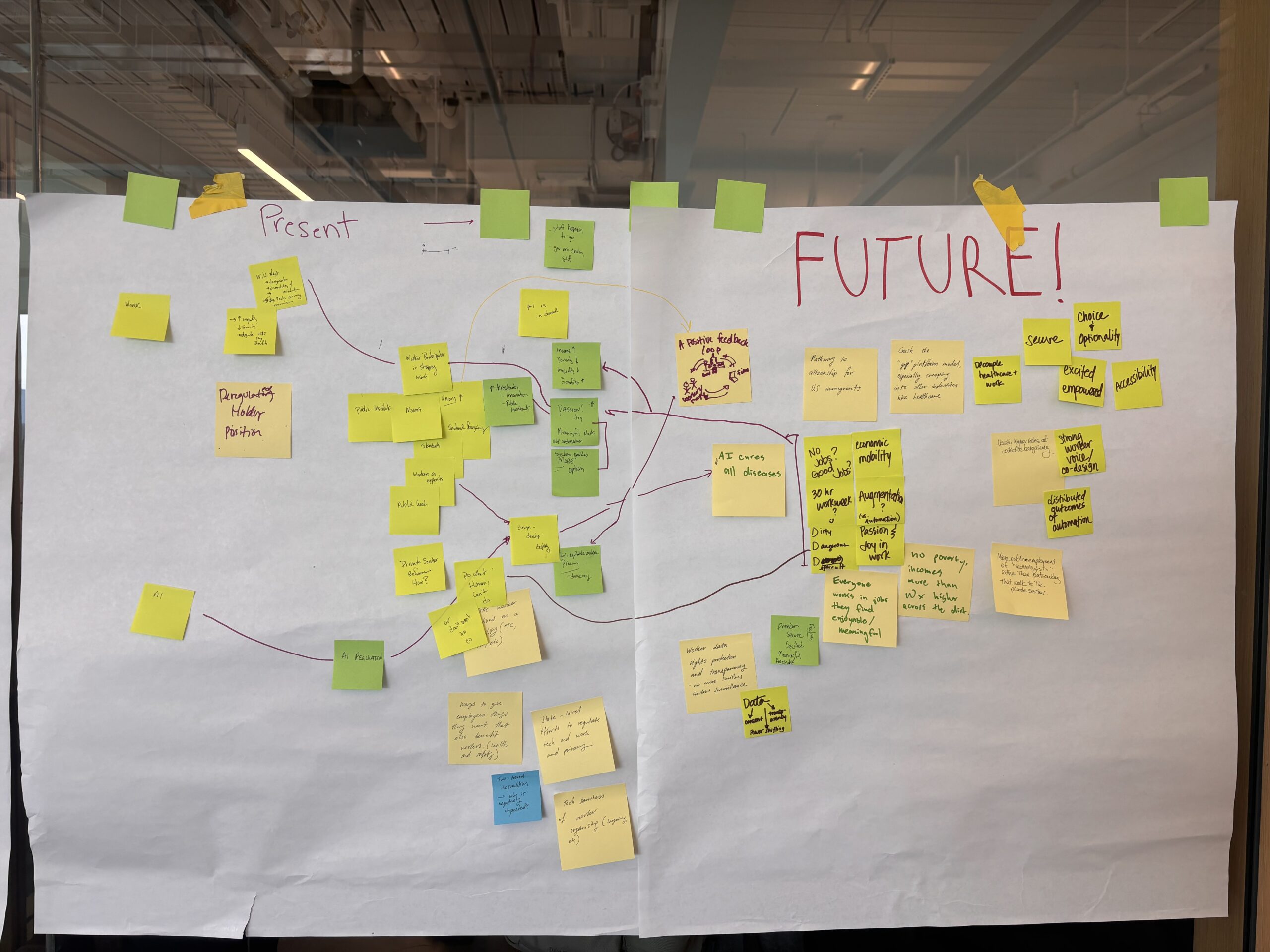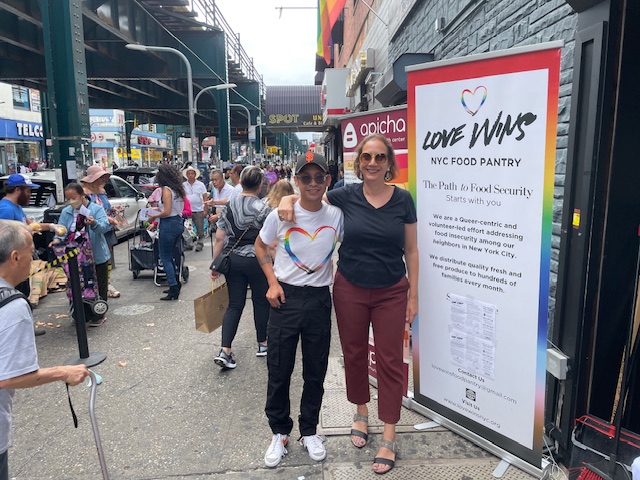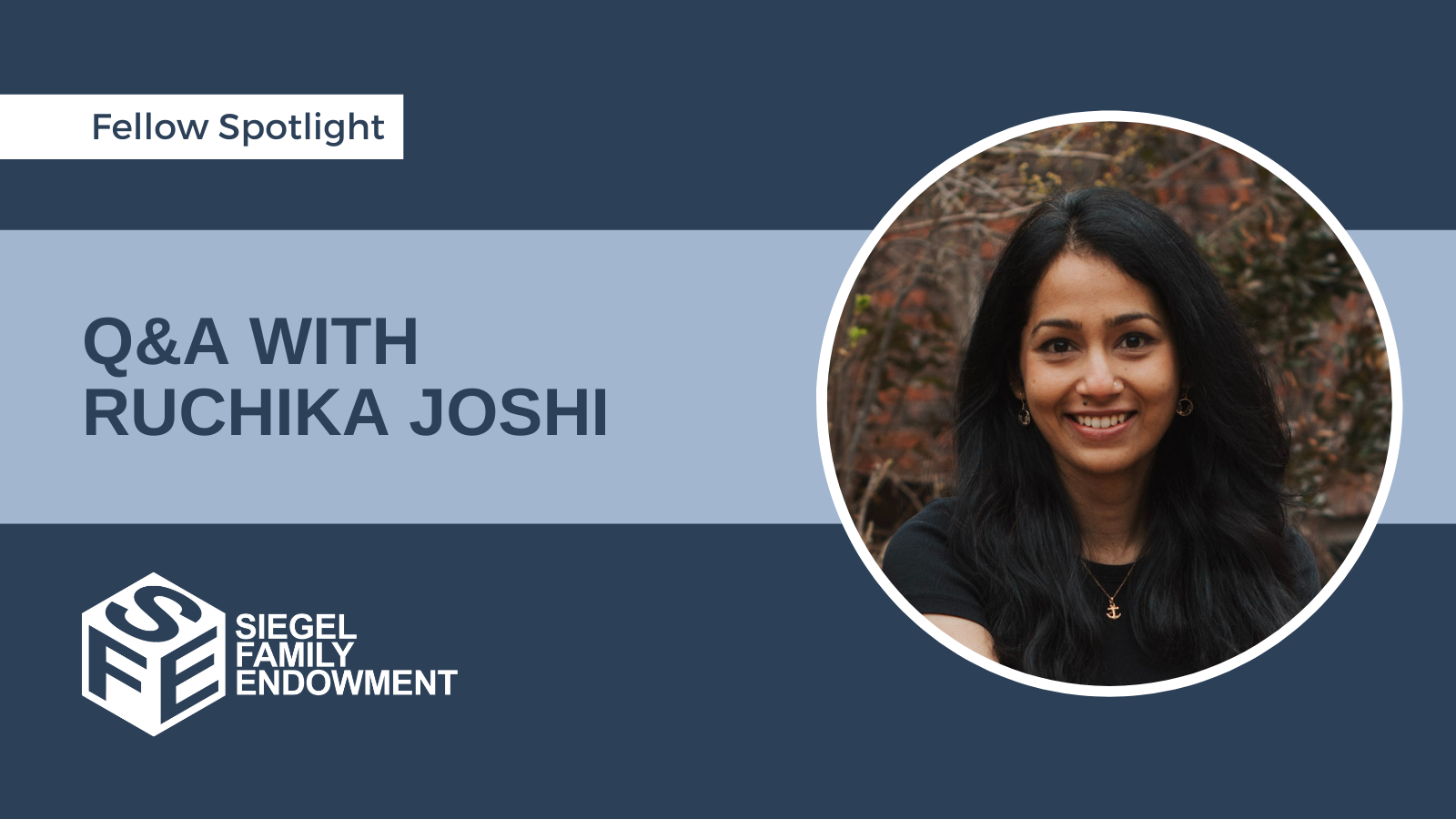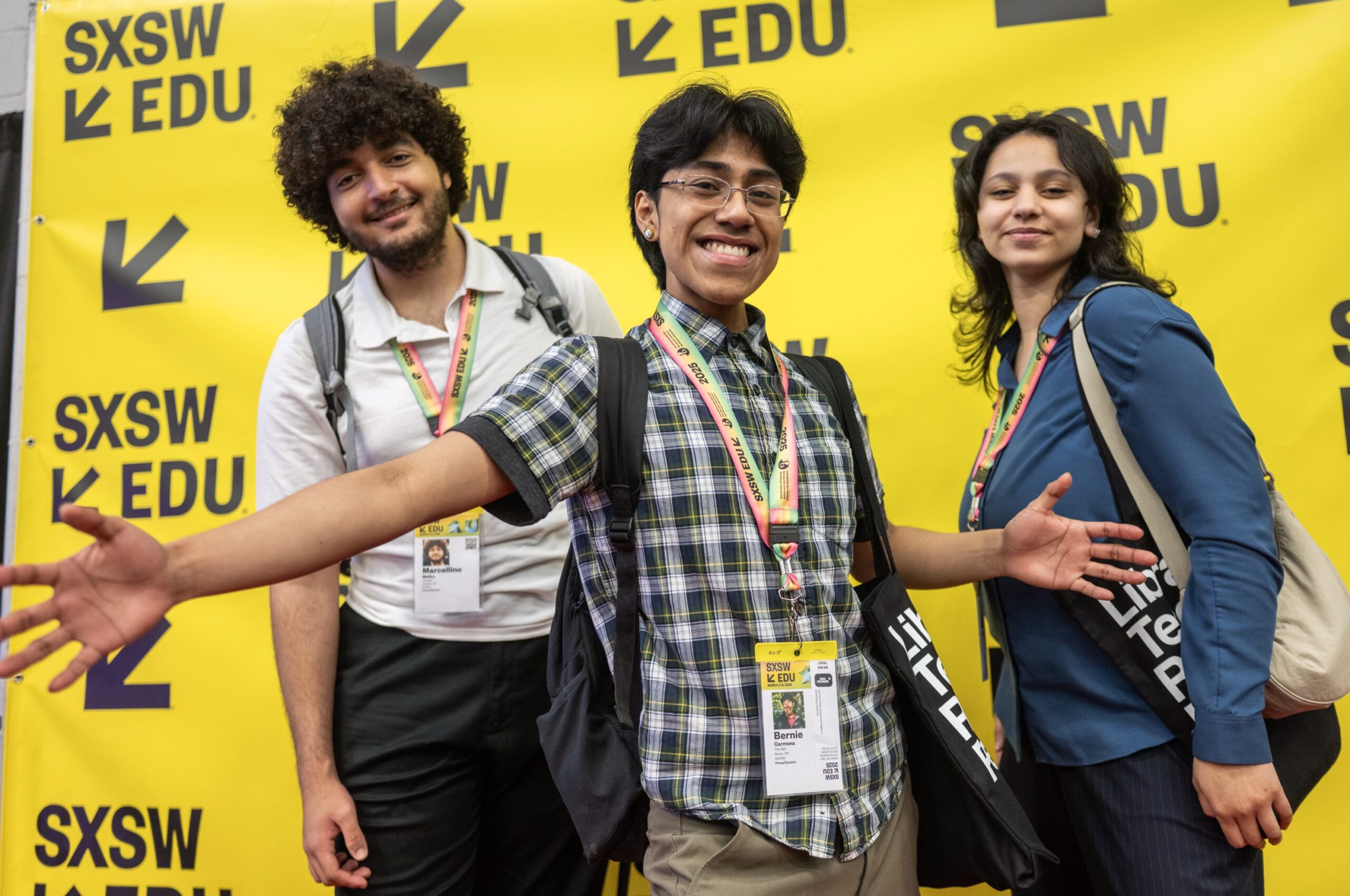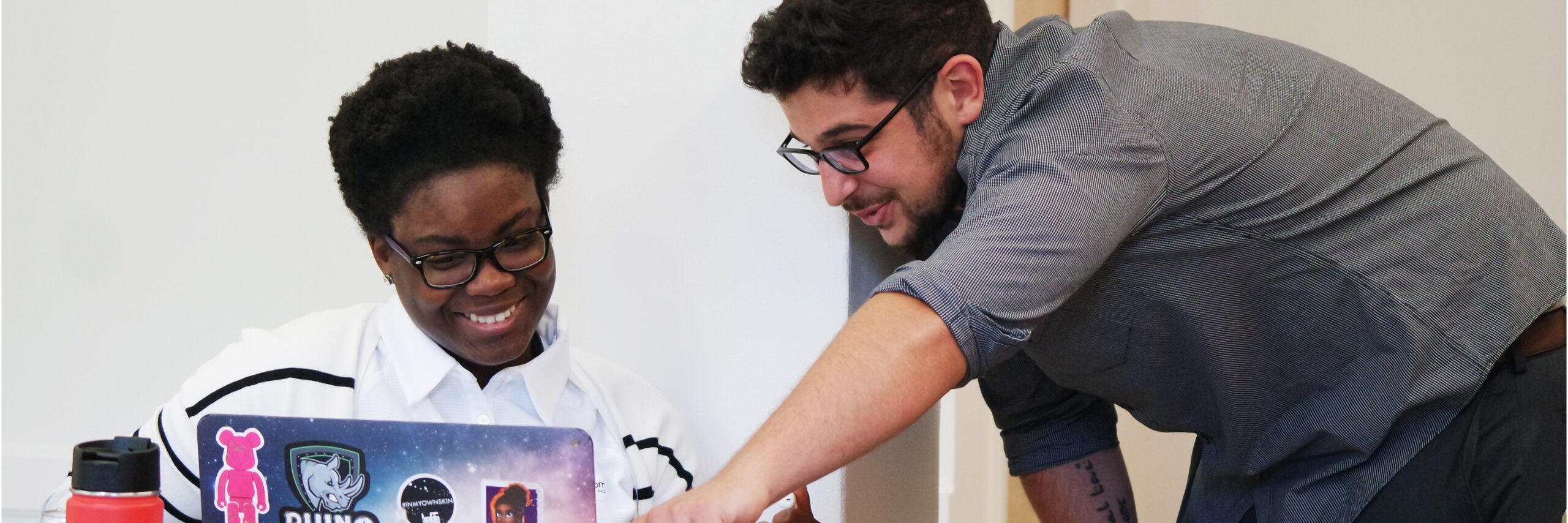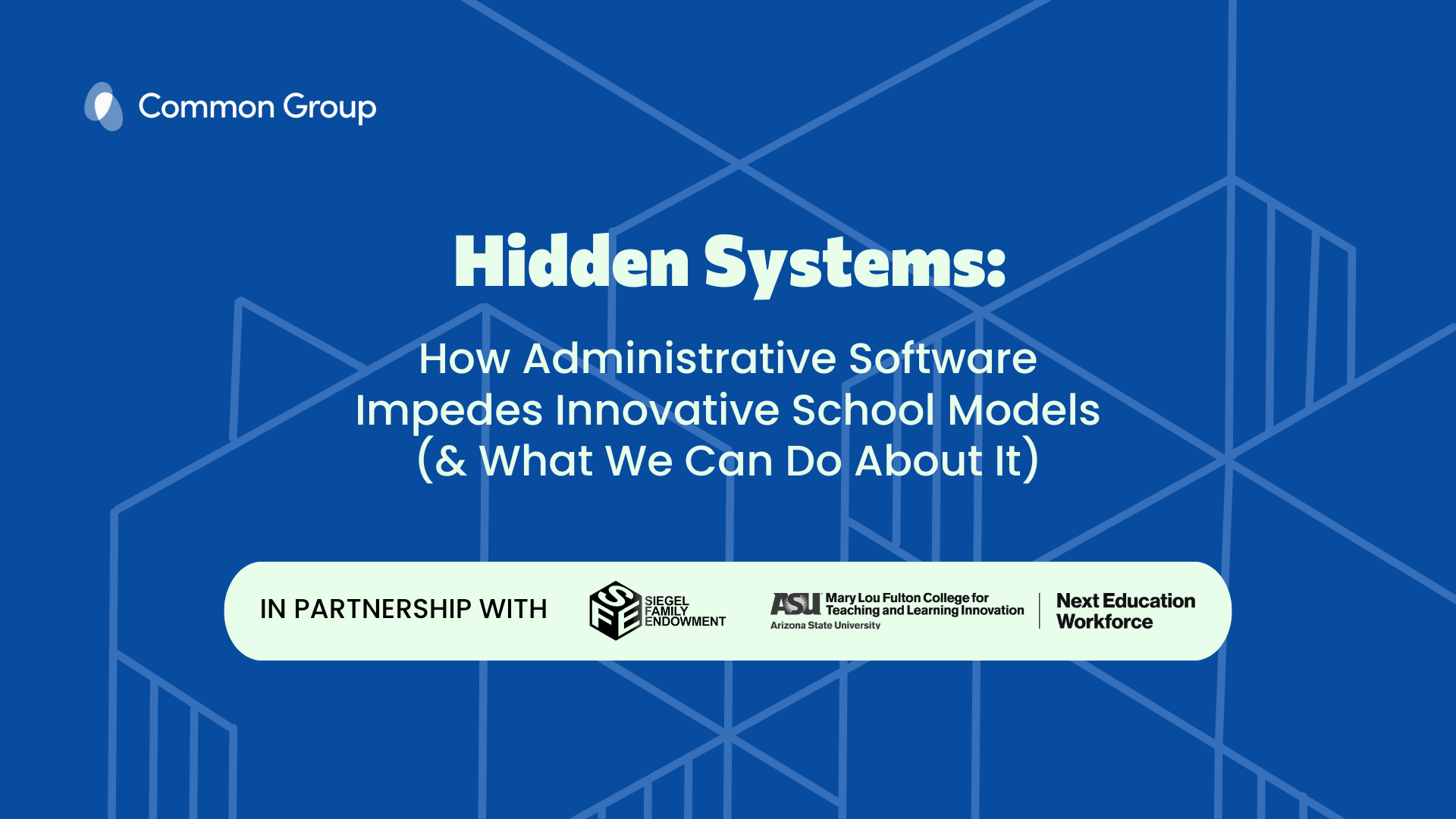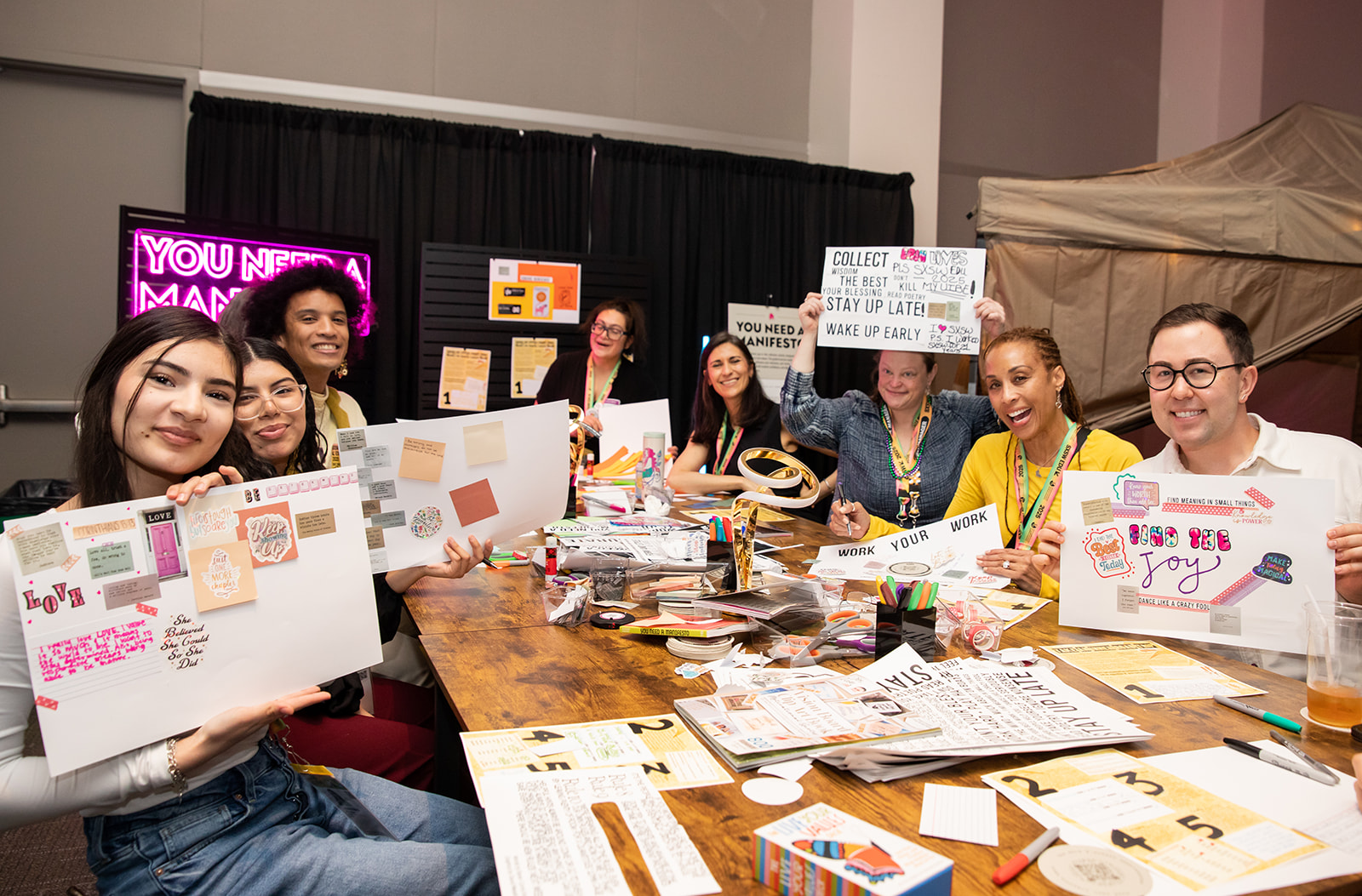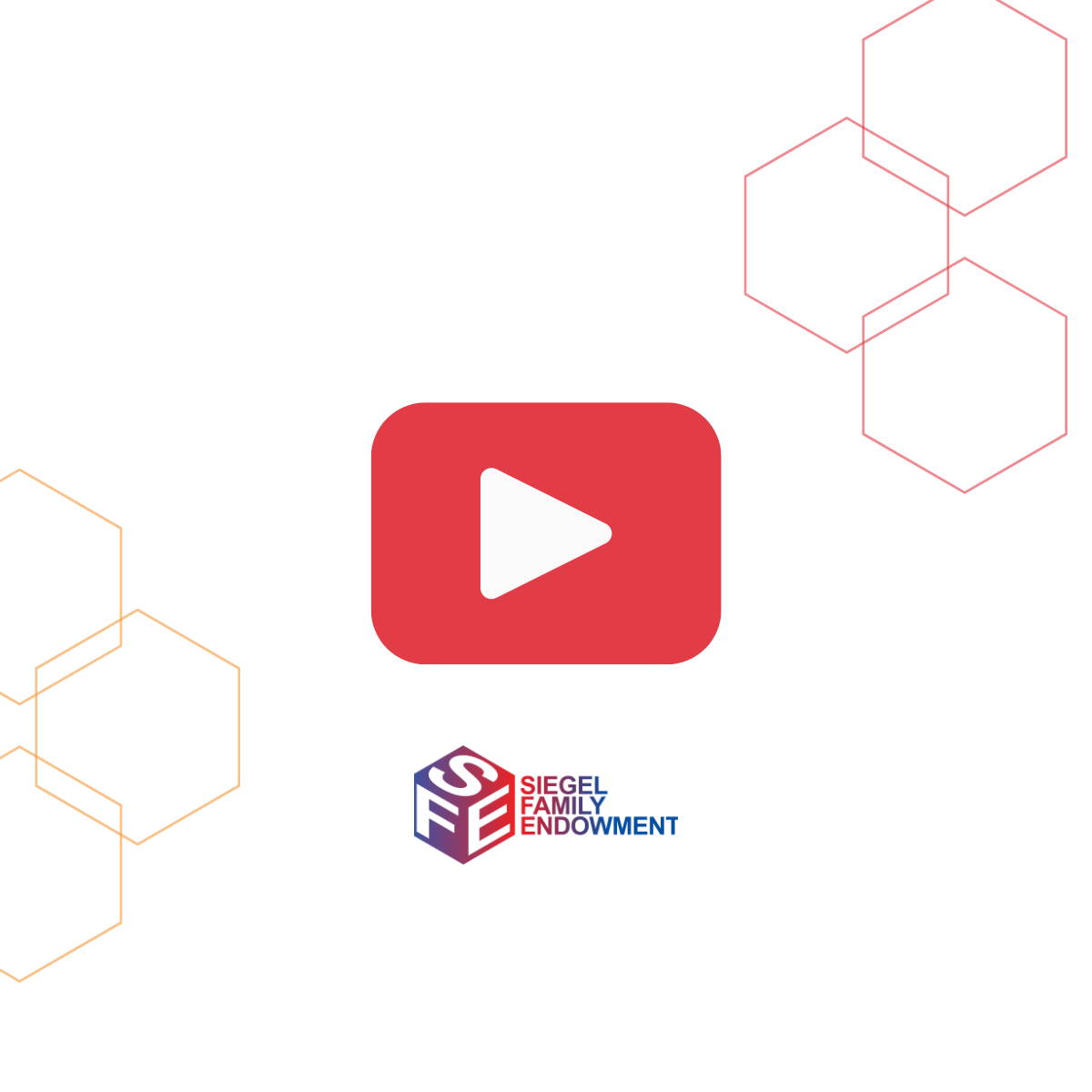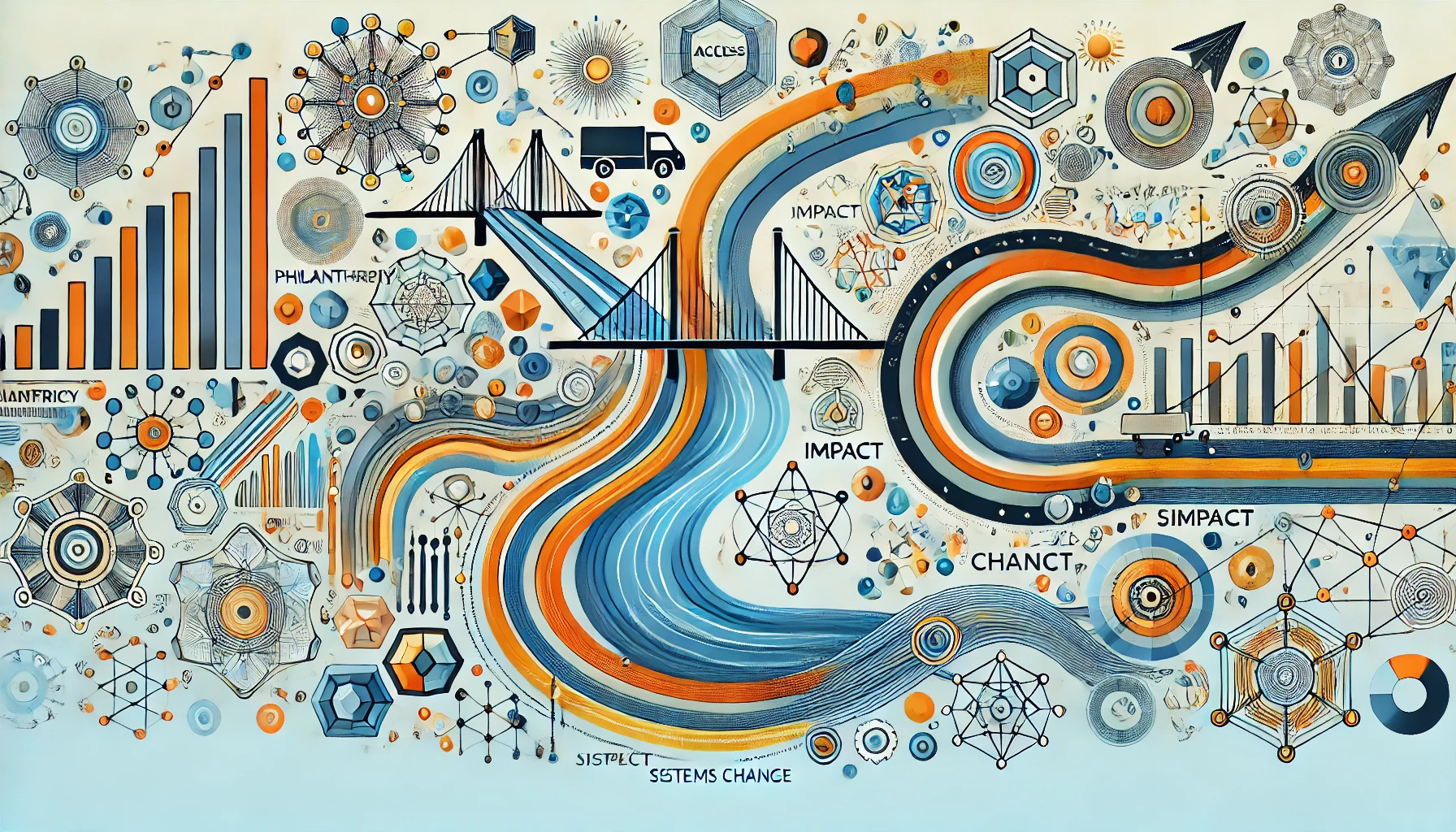Independent Research for Improbably Good Futures: Reflections and Takeaways from Our 4th Annual Fellow Convening
Each year, we bring together our Siegel fellow cohort for an annual convening. This year’s convening, which included 14 fellows, was held in New York City in mid-March. The timing of our gathering this year felt significant.


